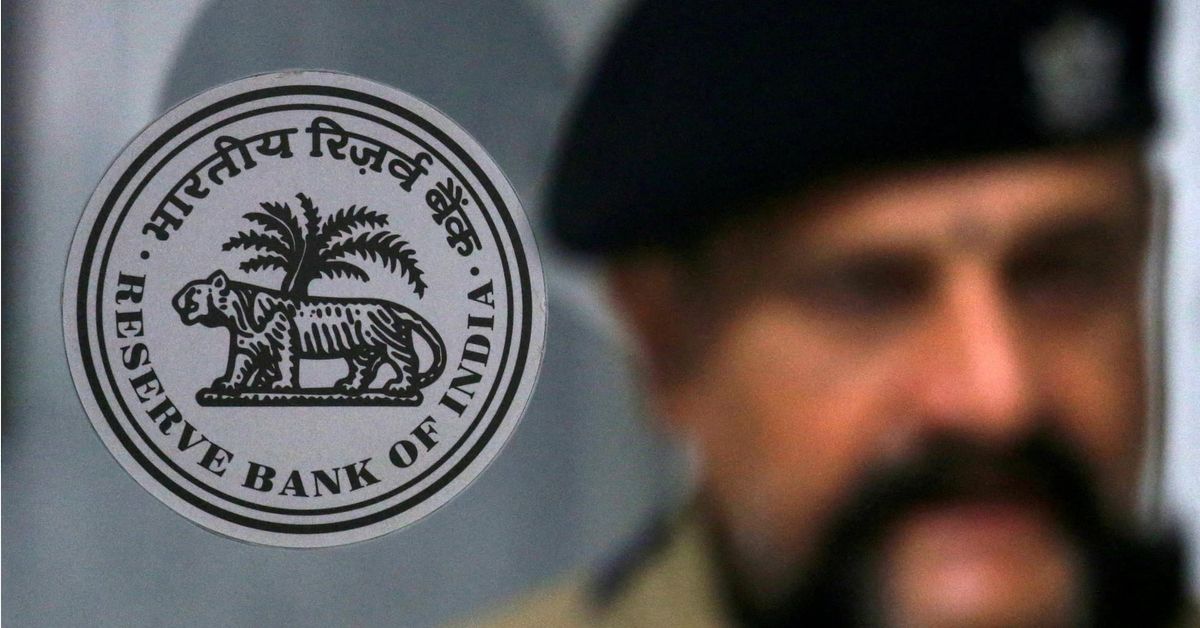
India’s central bank will continue to curb sharp swings in the rupee, traders said, after it fell to a record low on Friday, spurring speculation the Reserve Bank of India (RBI) may be loosening its grip on the currency.
Persistent intervention by the RBI in the foreign exchange market over the past several months had dampened exchange rate volatility.
Friday’s sharp decline caught traders by surprise as the rupee fell to an all-time low of 83.43 against the dollar in the closing minutes of domestic trading.
While the RBI had intervened earlier in the session, its absence towards the end pushed the rupee to record lows, a senior foreign exchange trader at a state-run bank said.
Traders quoted in the story declined to be named because they are not authorised to speak to the media.
Despite Friday’s decline, “don’t think the RBI will allow runaway depreciation on the rupee”, Mandar Pitale, head of treasury at SBM Bank India, said.
On Monday, the rupee rose nearly 0.2%, aided by central bank intervention, to settle at 83.28. SBM Bank’s Pitale expects it to hover between 83.15 and 83.35 this week.
The RBI’s intervention seems to have “cooled the pair”, a foreign exchange trader at a private bank said, predicting a tight range over the next few sessions.
Friday’s unexpected fall, which was the worst since September 2023, surprised the market which saw a rangebound rupee and slight gains in a year’s time, as reflected in a March Reuters poll.
Weakness in the offshore Chinese yuan and dollar outflows hit the rupee last week, and a lumpy outflow in the last two-three minutes pushed it past previous lows on Friday, a trader at a foreign bank said.
The decline was worse in the offshore non-deliverable forwards (NDF) market, where the one-month NDF hit 83.79, implying a spot rate of around 83.73 to the dollar.
“The move post onshore close on Friday was offshore reducing their long INR bets,” a senior foreign exchange trader at a foreign bank said.
The RBI’s intervention, seen on Monday, is likely to guide the market going ahead, the trader said.







